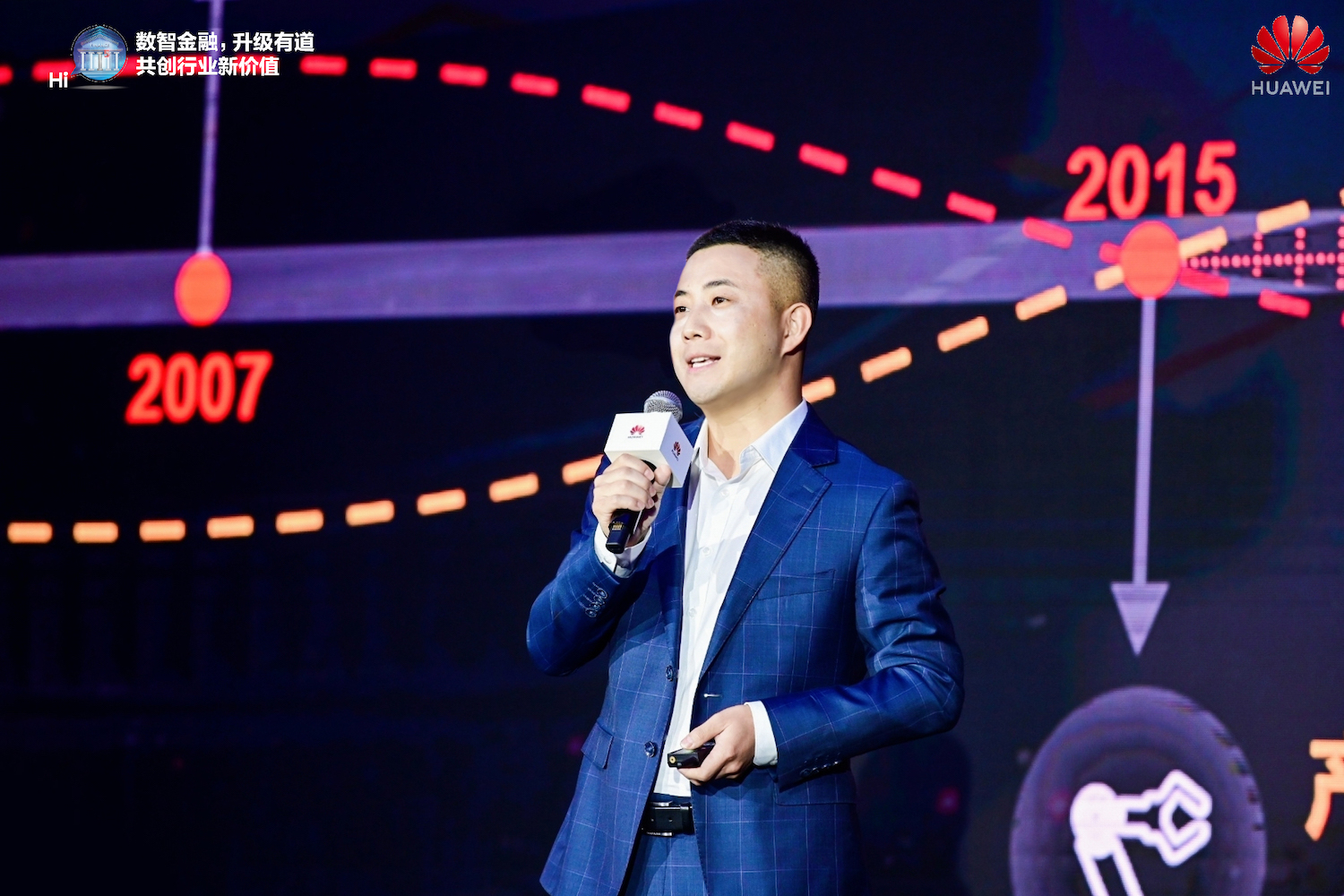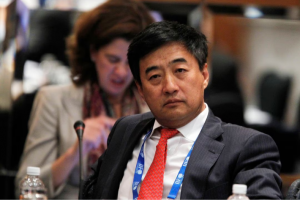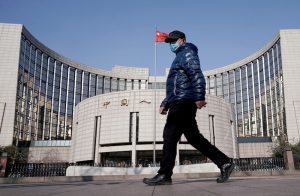Chinese tech giant is keen to expand its IT infrastructure and cloud services in the finance industry by helping banks digitize their services and processes, and via its ‘Financial Partner Go Global’ programme
(AF) China’s Huawei Technologies is seeking new growth by helping banks digitalize their services and business processes, as the embattled company looks to recover from US sanctions that have hobbled its smartphone business.
Huawei plans to expand its IT infrastructure and cloud services in the finance industry, which deals with huge volumes of data and requires digital transformation, the tech giant said at a summit in Shanghai last Thursday.
“As industries upgrade and converge, the financial services sector will transform to have their operations based on cloud through a more connected device ecosystem built for all scenarios,” Peng Zhongyang, president of Huawei’s Enterprise Business Group (BG), said at the summit.
One scenario considered to have great potential is in chattel mortgage where Huawei helps banks do the due diligence on moveable assets used as collateral for loans. Using intelligent technologies, Huawei has helped Shanghai Pudong Development Bank to validate and trace borrowers’ inventories at warehouses, which are used as collateral for loans.
“There are 70 trillion yuan ($10.9 trillion) worth of inventories in China, but only 5 trillion yuan ($780.5 billion) is used today as collateral for loans,” Jason Cao, president of the global financial services business unit under Huawei’s Enterprise BG, said.
Banks today are also asking for more video streaming support than ever, after the Covid-19 pandemic has pushed consumers online.
“China Merchants Bank hosted 16 video streaming shows yesterday [to sell their products]. The employees that are valuable to the banks today are those that become ‘online celebrities’ and attract eyeballs,” he said.
While China’s mobile banking services for individuals have reached high penetration, Huawei is tapping opportunities to serve the unmet financial needs of small businesses.
Outside of China, Huawei is using its know-how from China to help financial institutions in emerging markets such as Kenya, Indonesia, and Thailand to expand reach to people who do not have access to traditional banking services.
‘Go Global’
Huawei, with more than 2,000 financial organization clients in over 60 countries and regions, also launched a programme to help partners “go global,” integrating various IT infrastructure and services. A total of 25 firms became the first batch of partners for its Financial Partner Go Global Programme.
China’s leading telecommunications equipment maker was placed on a US trade blacklist by former US president Donald Trump in May 2019 due to national security concerns. Huawei has repeatedly denied it is a risk.
Facing immense pressure on its smartphone business, Huawei is seeking new business growth engines. It has diversified its business into new areas such as “smart” car solutions, cloud computing, artificial intelligence (AI) and business-focused 5G applications.
Founder Ren Zhengfei has called on the company to focus on software because future development in the field is fundamentally “outside of US control and we will have greater independence and autonomy”, according to an internal memo seen by Reuters.
The company launched its homegrown mobile operating system, the HarmonyOS, last week.
The use of HarmonyOS means the company will no longer be wholly reliant on Android. US sanctions banned Google from providing technical support to new Huawei phone models and access to Google Mobile Services, the bundle of developer services upon which most Android apps are based.
Rather than being a like-for-like replacement, Huawei is billing HarmonyOS as an ‘Internet-of-Things’ platform, aimed at operating on and connecting other devices such as laptops, smartwatches, cars and appliances.
Huawei is aiming to have HarmonyOS on 200 million smartphones and 100 million third-party smart devices by the end of the year, said Wang Chenglu, president of Huawei Consumer Business Group’s software department, who has led Huawei‘s efforts to develop HarmonyOS since 2016.
Meanwhile, Huawei’s services for the finance industry cover cloud, network communications, storage, security, data analysis and payment.
Although the company’s enterprise business only accounted for 11.3% of its revenues last year, it recorded the fastest growth of 23% – when total revenues increased marginally by 3.8%.
Cao said the growth of the financial services vertical has outpaced that of Huawei’s enterprise business overall, and expects the momentum to continue because digital transformation is “an inevitable trend” for the financial services sector.
In China, Huawei is the No. 1 infrastructure service provider in the finance industry’s cloud market. It has over 300 finance clients in China, including all the top 10 banks. A total of 580 million people around the world use Huawei’s cloud service.
With reporting by Reuters
























